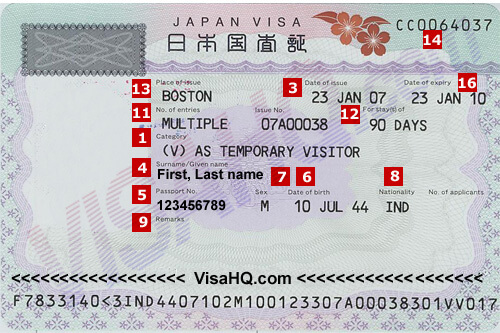Japan Embassy list in Afghanistan
Need help?Chat with us
Importance of Trip Registration at the Japan Embassy
Registering your trip with the Japan embassy is crucial for safety, as it allows the embassy to assist citizens during emergencies. In scenarios such as natural disasters—like earthquakes or typhoons—having your trip registered enables the embassy to reach out and provide necessary assistance, including evacuation measures. Additionally, during instances of political unrest, embassy registration can facilitate pertinent communication, ensuring you receive timely updates about safety protocols or curfews. In medical emergencies, registered travelers can benefit from expedited support, as the embassy is better equipped to coordinate with local healthcare services. Overall, trip registration enhances safety and creates a direct line of support in unpredictable situations.
Japan Embassy FAQs
Can the Japan embassy assist in legal issues abroad?
Yes, the Japan embassy can provide guidance and resources for legal issues faced by Japanese nationals in Afghanistan. While they cannot intervene directly in legal matters, they can help connect you to local legal assistance.What should I do if I lose my Japan passport in Afghanistan?
If you lose your passport, contact the Japan embassy immediately for assistance. They will guide you through the process of obtaining a replacement and may require documentation to validate your identity.
Services Provided by Japan Embassies in Afghanistan
Passport Services
- Issuance of new passports
- Renewal of existing passports
- Replacement of lost passports
Visa Issuance for Foreign Nationals
- Issuing visas for Japanese citizens traveling abroad
- Processing visa applications for foreign nationals visiting Japan
Assistance in Legal or Medical Emergencies
- Support for citizens facing legal issues
- Assistance in locating medical facilities and coordinating care
Travel Alerts and Safety Updates
- Providing current information on travel advisories
- Sharing updates on natural disasters or political unrest
Support for Nationals Detained Abroad
- Offering legal resources and contacting local authorities on behalf of detainees
Summarized Diplomatic Presence
Japan maintains a diplomatic presence in Afghanistan primarily through its embassy located in Kabul. This embassy functions as the main hub for diplomatic relations, focusing on promoting trade, cultural exchange, and cooperation in fields such as education and humanitarian efforts. The Japan embassy plays a vital role in fostering bilateral relations, providing crucial support to Japanese nationals, and enhancing dialogue between Japan and Afghanistan. Such diplomatic missions are essential for navigating challenges and fostering mutual understanding amid a complex geopolitical landscape.
